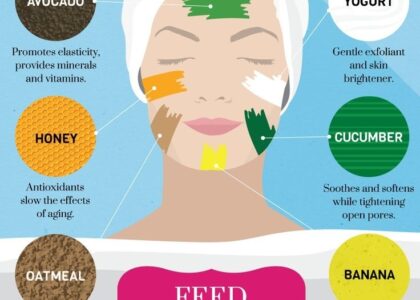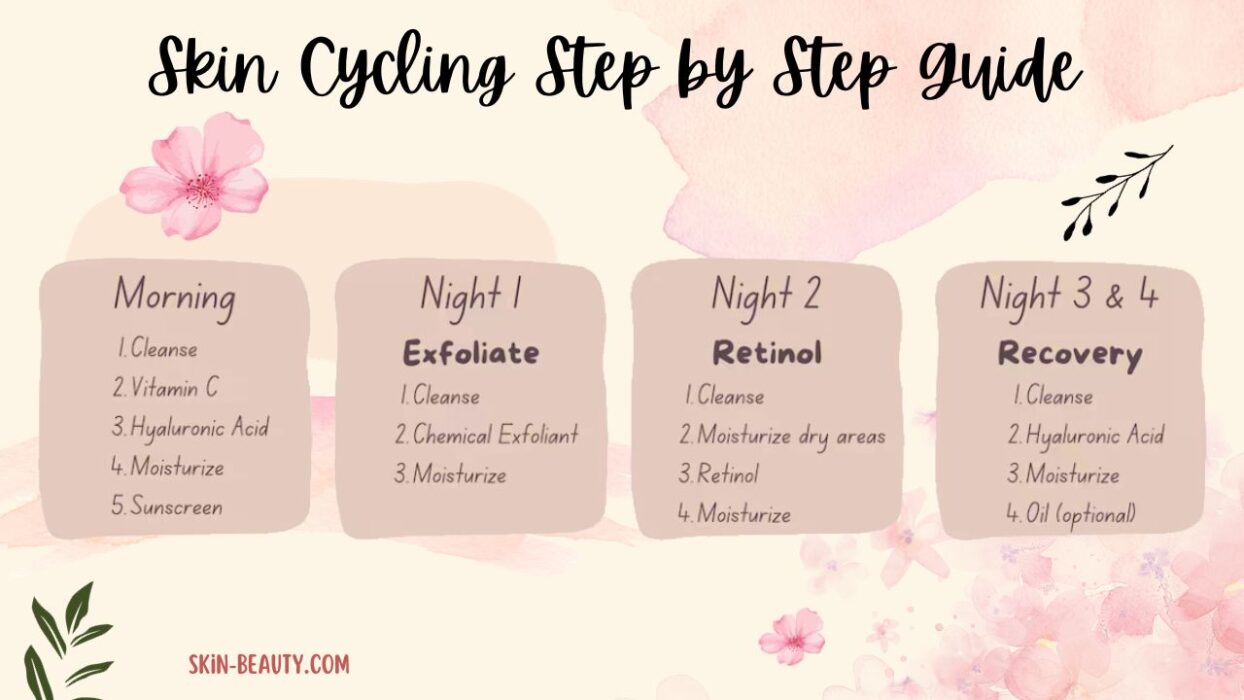Stress isn’t just a mental burden—it shows up on your skin too. Whether you’re juggling work deadlines, experiencing emotional burnout, or navigating life changes, your skin often becomes the first place to reveal signs of stress.
In this post, we’ll explore:
- The science behind how stress impacts your skin
- Common stress-related skin issues
- How to identify if stress is affecting your complexion
- Effective skincare + lifestyle solutions
- Expert advice on managing stress for healthier skin
What Happens to Your Skin When You’re Stressed?
When your body is under stress, it produces more cortisol—the primary stress hormone. While cortisol helps you manage immediate threats, long-term or chronic stress leads to inflammation, oil imbalance, and delayed skin healing.
The Biological Chain Reaction:
- ↑ Cortisol = ↑ Oil production → clogged pores and acne
- Weakened skin barrier → dryness, sensitivity, irritation
- Increased inflammation → flare-ups of conditions like eczema or rosacea
- Delayed skin regeneration → slower healing of blemishes, wounds
Common Skin Issues Triggered by Stress
Here are signs your skin may be calling out for calm:
1. Acne Breakouts
Stress-induced hormonal shifts can ramp up oil production, clog pores, and lead to breakouts—especially on the cheeks, chin, and forehead.
2. Dryness & Flakiness
Stress can damage the skin barrier, making it harder to retain moisture.
3. Eczema or Psoriasis Flare-Ups
Inflammatory skin conditions are especially reactive to stress.
4. Rosacea
Many people report worsened redness and flushing during stressful periods.
5. Hives or Rashes
Sudden red, itchy patches or bumps may occur due to histamine response triggered by stress.
6. Dullness or Premature Aging
Chronic stress can accelerate collagen breakdown, making skin appear tired or aged.
7. Under-Eye Bags and Dark Circles
Poor sleep from stress can cause fluid buildup and reduced circulation under the eyes.
How to Treat Stress-Affected Skin
1. Simplify Your Skincare Routine
Stressful times are not ideal for experimenting with new actives. Stick to gentle, nourishing basics:
- Cleanser: Non-stripping (like CeraVe or La Roche-Posay)
- Moisturizer: Barrier-supporting (with ceramides or squalane)
- SPF: Daily protection to prevent further damage
2. Use Calming Ingredients
Look for products with:
- Niacinamide: Soothes inflammation and strengthens the skin barrier
- Aloe Vera: Hydrating and calming
- Green Tea Extract: Reduces redness and irritation
- Panthenol (Vitamin B5): Skin-softening and healing
3. Spot Treat Breakouts Carefully
Use targeted treatments like salicylic acid or benzoyl peroxide only on active blemishes, and don’t overuse drying products.
4. Hydrate Intensely
Use a hydrating serum (like hyaluronic acid) and a thicker night cream to combat dryness caused by stress.
Managing Stress for Better Skin
Skincare is only half the solution—addressing the root cause of stress is key.
1. Practice Mindful Breathing or Meditation
Even 5–10 minutes a day can lower cortisol levels and improve your overall glow.
2. Prioritize Sleep
Aim for 7–9 hours nightly. Your skin regenerates during sleep—don’t skip it!
3. Exercise Regularly
Movement boosts circulation and helps flush toxins, improving skin clarity.
4. Eat Anti-Inflammatory Foods
Fuel your body (and skin) with:
- Leafy greens
- Omega-3-rich fish
- Nuts and seeds
- Berries
- Green tea
5. Stay Hydrated
Dehydration makes stressed skin look worse. Drink at least 8 glasses of water a day.
6. Reduce Caffeine & Alcohol
Both can dehydrate and stimulate stress hormones. Limit intake during high-stress periods.
DIY Self-Care for Stressed Skin
At-home rituals that calm the mind and nourish the skin:
- Face Massage: Use a jade roller or your hands to stimulate circulation
- Warm Bath + Epsom Salt: Soothes muscles and relaxes nerves
- Aromatherapy: Lavender, chamomile, or sandalwood oils can ease stress
- Sheet Masks: Look for calming masks with centella asiatica, chamomile, or oat extract
What Dermatologists Say
“Stress has a direct impact on inflammatory skin conditions. Managing stress is as important as choosing the right products.”
— Dr. Sandra Lee (aka Dr. Pimple Popper)
“When patients experience acne flares or eczema relapses, the first thing I ask is about stress levels. It’s that influential.”
— Dr. Whitney Bowe, Dermatologist
Final Thoughts: Heal the Skin, Calm the Mind
Your skin and your mind are deeply connected. If your skin is acting up and your stress levels are high, it’s not a coincidence. Take a holistic approach: treat your skin gently, adopt mindful routines, and don’t forget to breathe.





